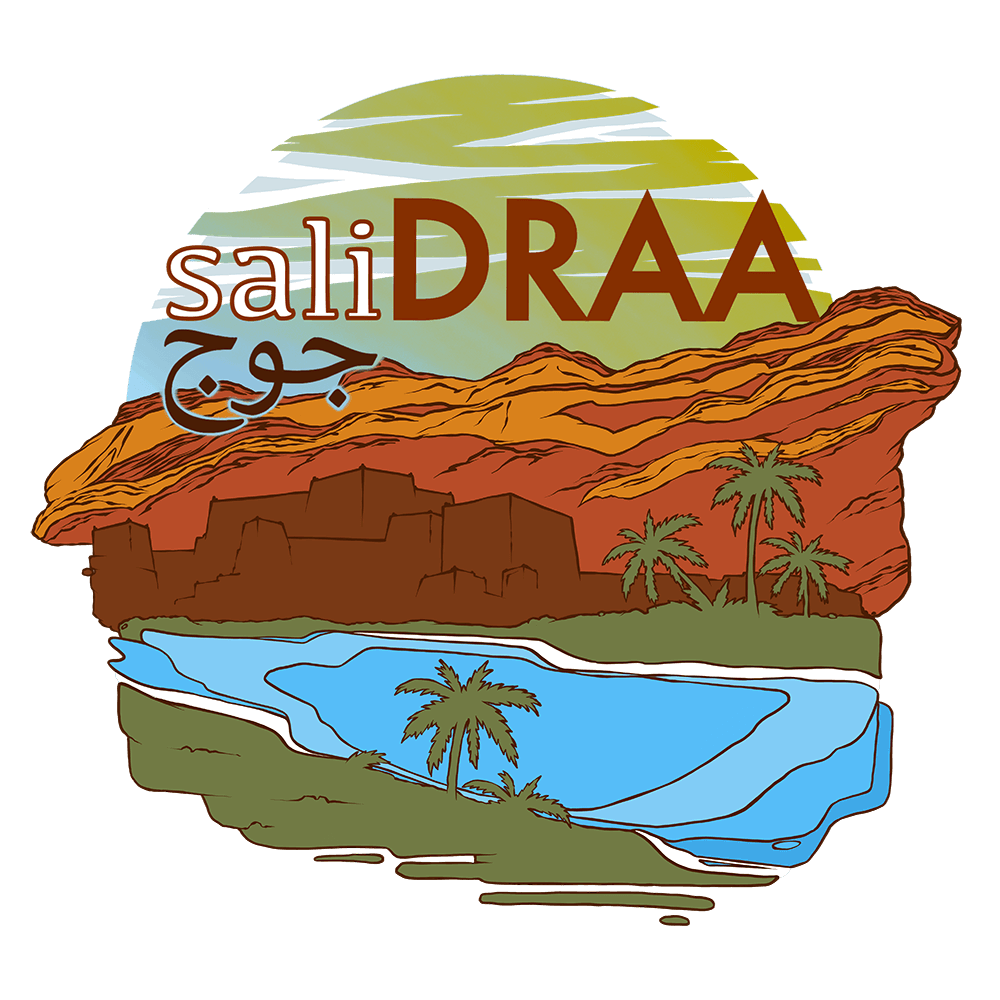WP1
Work package 1: Transdisciplinary cooperation
In order to develop a socio-ecological understanding of the system and to develop holistic solutions for a concrete environmental problem, Transdisciplinary and scientific cooperation is needed, as in SaliDraa2. However, this is only possible through an enormous willingness of the individual team members to learn beyond their own horizons, as well as an openness towards different forms of knowledge and expression.
This WP serves the exchange of methods, concepts, theories and results between the different work packages, team members and practice partners, the clarification of terms, the strengthening of personal relationships, as well as the organizational coordination in the project team.
WP5
Workpackage 5: Transdisciplinary conclusions and recommendations
By combining the various results and observations of the previous work packages, work package 5 aims to contribute new transdisciplinary work to the social-ecological research, identify knowledge gaps and develop concepts of social-ecological systems in relation to river basins. New concepts of transdisciplinary work will be used to overcome challenges in the context of complex interactions between humans, water and biodiversity, not only in the Drâa river basin, but worldwide.
Furthermore, in close collaboration with local partners and actors, work package 5 will provide recommendations of action for a sustainable use of water and the protection of the environment in the Drâa river basin by developing future scenarios of different ways of water usage.
